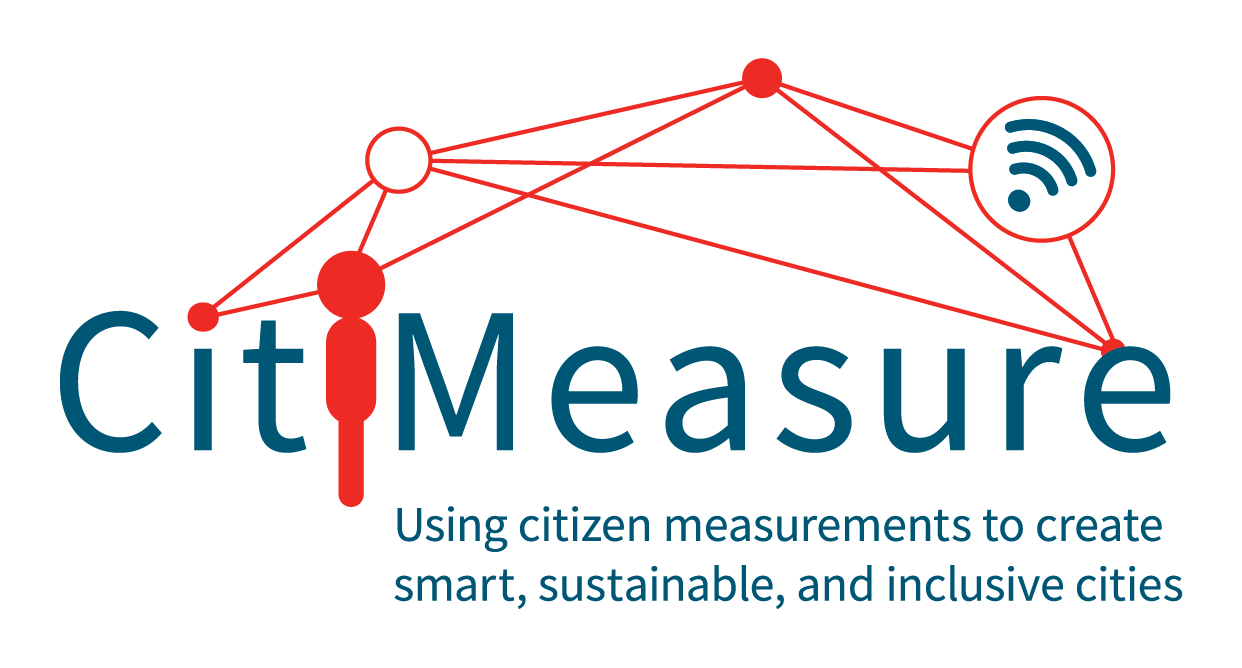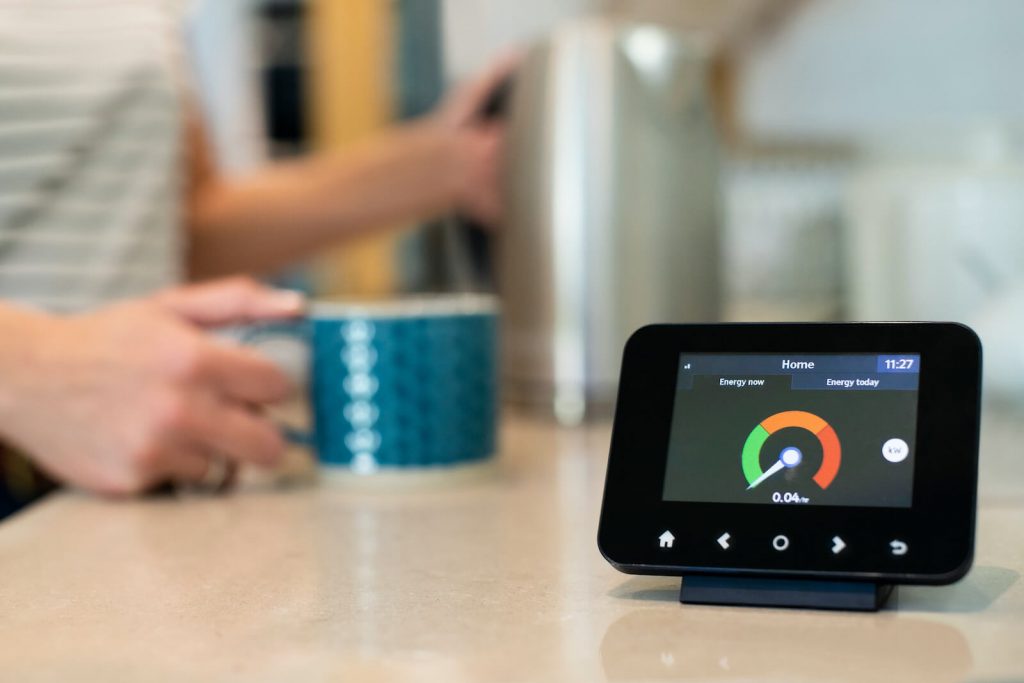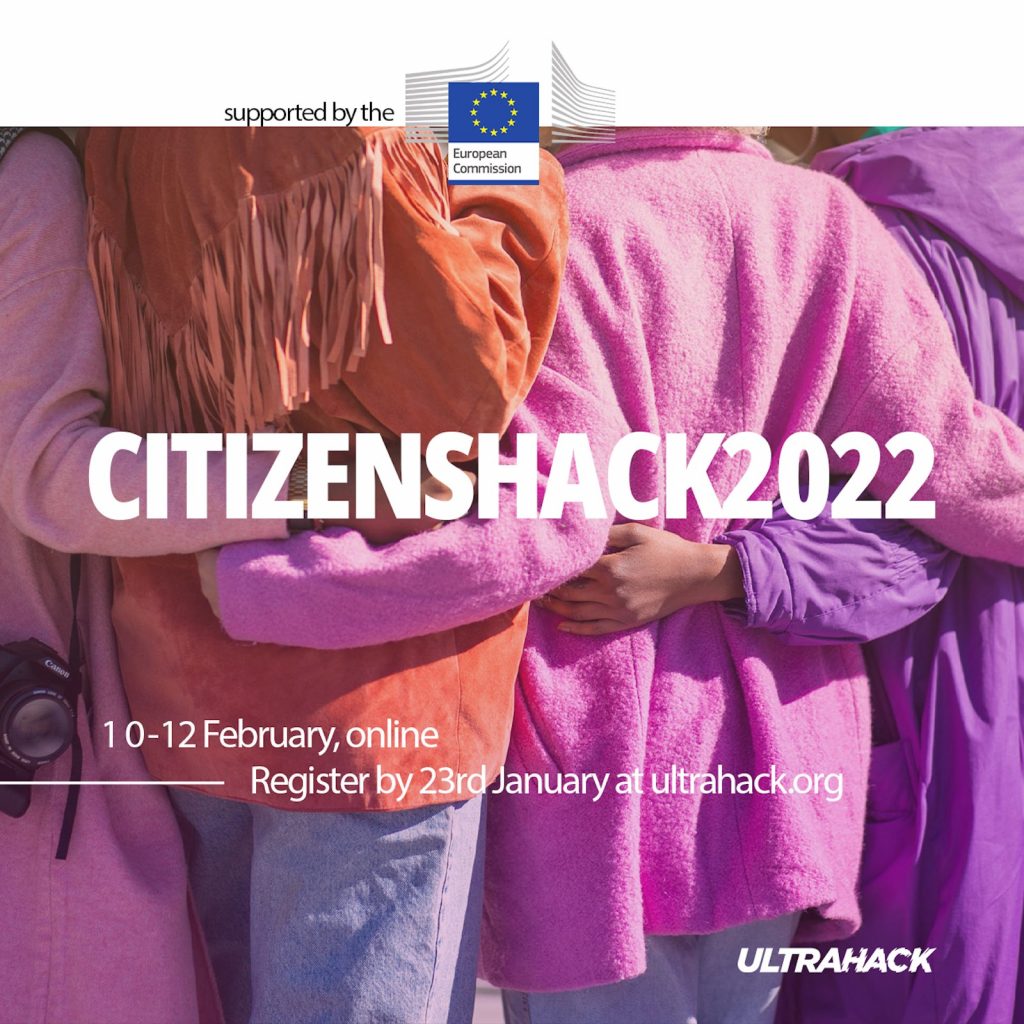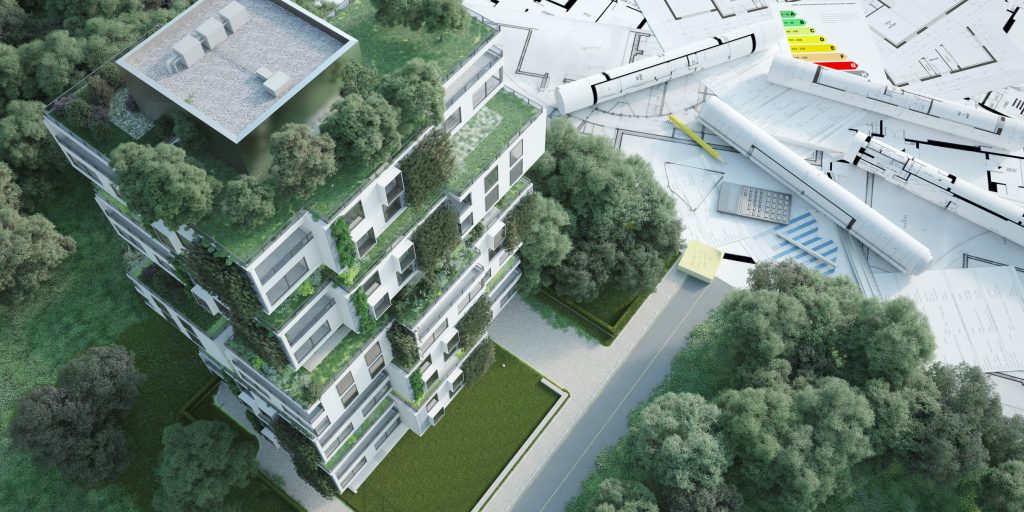After months of passionate discussions, the CitiMeasure project partners have put together the first version of two sets of guidelines for citizen science initiatives to impact behavioural change, policy-making and digital inclusion, as well as a tool for inventorying and comparing air quality monitoring initiatives. And it’s now time to put them to the test.
Barcelona is putting its community to work
Barcelona boasts the first and only Citizen Science Office in Europe. Since 2012 the city has built a network of initiatives and practitioners, bringing researchers and everyday people closer together. Their experience and rich network are the ideal testbed for both the Behaviour and Policy Guidelines and the Guidelines on Competencies for Digital Inclusion.
City council staff, public administration officers, citizen science practitioners, and other interested stakeholders will participate in a three-step training and feedback series to improve the guidelines. The community will take an active role from the first session as they had to express their needs and input on the focus of the in-person training planned in October and November 2022.
In the autumn, the group will focus on how citizen science can change habits. While behavioural change is commonly understood as an individual’s effort, CitiMeasure insists it must also impact other levels, like society and institutions.
Project partners will discuss how to overcome challenges like existing formal processes and informal norms that define actors’ behaviour. For example, by paying attention to the context, collecting stakeholders’ needs and working towards fulfilling them. The discussion will also touch on how to improve the monitoring and evaluation of citizen science initiatives as it can play a crucial part in tracking effects on behavioural change.
The third session will explore the potential of using citizen science for policy making. The CitiMeasure guidelines include, for instance, how cities can use project results to respond to people’s needs and be accountable for post-project actions. During the same session, participants will also use the guidelines to take a deeper look at how to identify, understand, and enhance the capacities and competencies required for the digital inclusion of different actors in citizen science projects.

Acting beforehand
Roselare is dipping its toes in citizen science with two new projects: Smartwaterland and AiRsl. AiRsl is an air quality measurement project that ran in 2018 and that the city is eager to relaunch. At the same time, Smartwaterland will collect precipitation data to improve water management in the city.
As both projects are at their early stages, the city is interested in using the CitiMeasure guidelines to develop a detailed communication strategy and a robust monitoring and evaluation plan. By taking these steps from the beginning, Roselare wants to ensure the results of both projects will feed into future local policies and have a measurable effect on community habits around air quality and water management.
Also recent, the Sensor2School air quality measurement project in Prague is eager to put the Guidelines on Competencies for Digital Inclusion to test. Based on the guidelines categories, experts and students will indicate which skills, knowledge, and attitudes they think will be needed to participate in the project.
For example, they can indicate if they believe they will need scientific research skills such as data collection, analysis and interpretation skills, or technical skills like building, setting up and manipulating sensors.
Once the project has run its course, participants will be asked to review their assessments and evaluate if they needed or acquired different skills, knowledge, and attitudes. Their answers will also help the CitiMeasure partners understand if the guidelines categories are or need improvement.
All about air
Balbyn’air is Bobigny’s air quality awareness campaign that will help CitiMeasure specifically test and evaluate the guidelines sections related to communication actions. For example, the guide stresses the importance of capturing the baseline situation. So, Bobigny will compare the behaviour of volunteers before and after the initiative.
Initiatives can have a broader impact if they “diversify participation”, read the guidelines. The city will include high school students, employees, pensioners, and stay-at-home parents. Participants will also be involved in determining the indicators to evaluate the initiative and will have the opportunity to speak to elected officials to present their solutions.
Getting better is a process
Air quality is one of citizen science’s most prolific area, making it an ideal starting field to compare initiatives. Through a co-creation process, CitiMeasure partners put together the structure for an online inventory of activities, called CitiAIR. In the coming months, they will upload a minimum of 50 initiatives to CitiAIR and create a rich tool to inspire others and compare approaches. This first group of initiatives will pilot the tool and suggest improvements so that the final version will benefit an even broader group of stakeholders.
At the heart of the CitiMeasure project is co-creating, testing, and improving. This can be by guiding new initiatives through their first steps, training practitioners, testing established projects on the ground, or even having its tools and guidelines analysed by researchers in the future. Because it is through putting one’s ideas to the test that actual improvements can be made.




